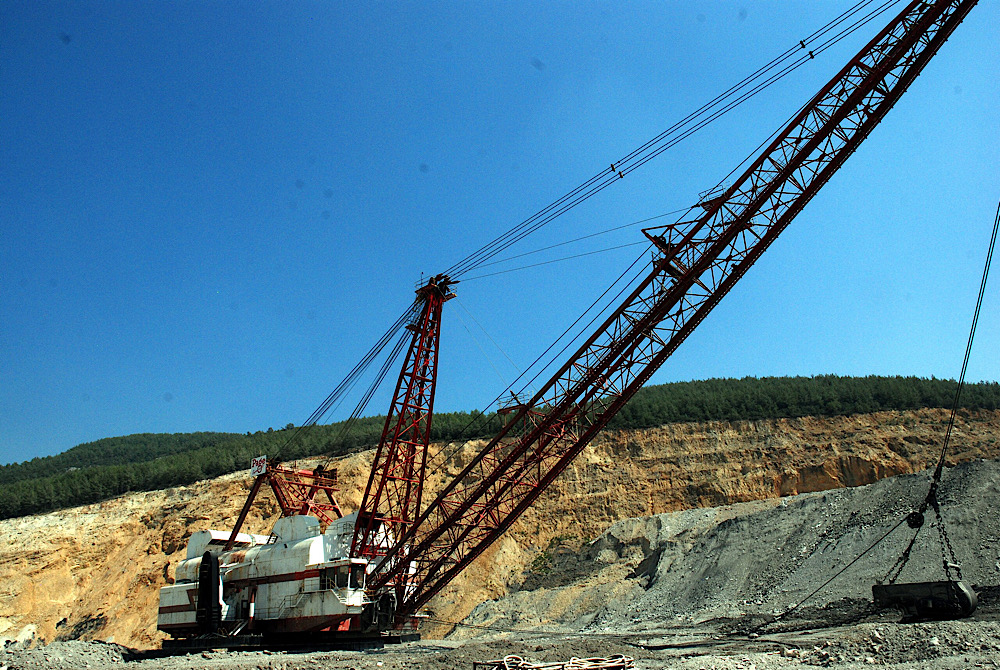Turkey doubles its coal use, with Russia covering almost 75 per cent of its imports
In contrast to Europe, Turkey is increasingly focusing on fossil fuels taking advantage of falling prices. According to Ember, coal use for power generation in the country has gone from 25 per cent in 2013 to 36 per cent today. In 2023, more than US$ 3.7 billion were spent on coal imports.
Istanbul (AsiaNews) – Unlike the European Union and most Western countries, which are trying to reduce reliance on fossil fuel to meet climate change goals, Turkey is rapidly increasing the use of coal to generate energy.
While Brussels has set 2040 as the deadline for completing the transition to green sources, Ankara has set a zero net target for 2053, without setting a specific target for the transition from fossil fuels.
According to a recently published study by the global energy think-tank Ember, cited in al-Monitor, coal-fired electricity accounted for 25 per cent of energy production in both Turkey and the EU in 2013.
Eleven years later, this is down to 12 per cent in the 27-member bloc, while Turkey has undertaken the opposite path, reaching 36 per cent of the total.
In 2023, Turkey's coal-fired electricity generation reached a record high of 118 Terawatt hours, making it the second-largest energy producer from coal in Europe overtaking Poland now in third place.
Following Russia's invasion of Ukraine in February 2022, Germany has become Europe's largest energy producer from coal, after it restarted several plants that had been decommissioned.
Until two years ago, Europe was heavily reliant on Russian energy, but EU sanctions on Russia included commodities.
For Ufuk Alparslan, Ember's regional manager for Turkey, Ukraine, and the Western Balkans, it is “highly likely that Turkey will surpass all other European countries to become the leading coal power-generating nation in Europe”.
While other coal-dependent states, like Germany and Poland, are “gradually veering away from this dirty energy source, Turkey is heading in the opposite direction."
In fact, despite the war in Ukraine, Turkey is becoming increasingly dependent on Russia for coal imports.
The report notes that in 2023, 73 per cent of Turkey’s coal imports came from Russia, thanks in part to Western sanctions that led to a collapse in prices, making gas less competitive.
This is why Turkey is taking advantage of market conditions, buying more than 15 million tonnes of coal previously bound for Germany, the Netherlands, and other EU countries.
According to the study, Turkey spent US$ 3.7 billion last year on importing coal to generate electricity.
In terms of consumption, Ember's study shows a drop last year in Turkey of at least two terawatt hours, to 326.6 in 2023 compared to 328.7 the previous year, mainly due to the slowdown in industrial activity.
Solar is one of the renewable energy resources that Turkey could use, Alparslan noted, with potentially 120 gigawatts from rooftops alone, a figure 10 times the current installed solar capacity.
Lastly, Turkey’s vast reservoirs offer the perfect conditions for floating solar power plants. Just by utilising a mere 3 per cent of the surface of the reservoir behind Atatürk Dam, the largest in the country, the Eurasian country could build over two gigawatts of floating solar capacity.
19/11/2021 15:13







.png)










